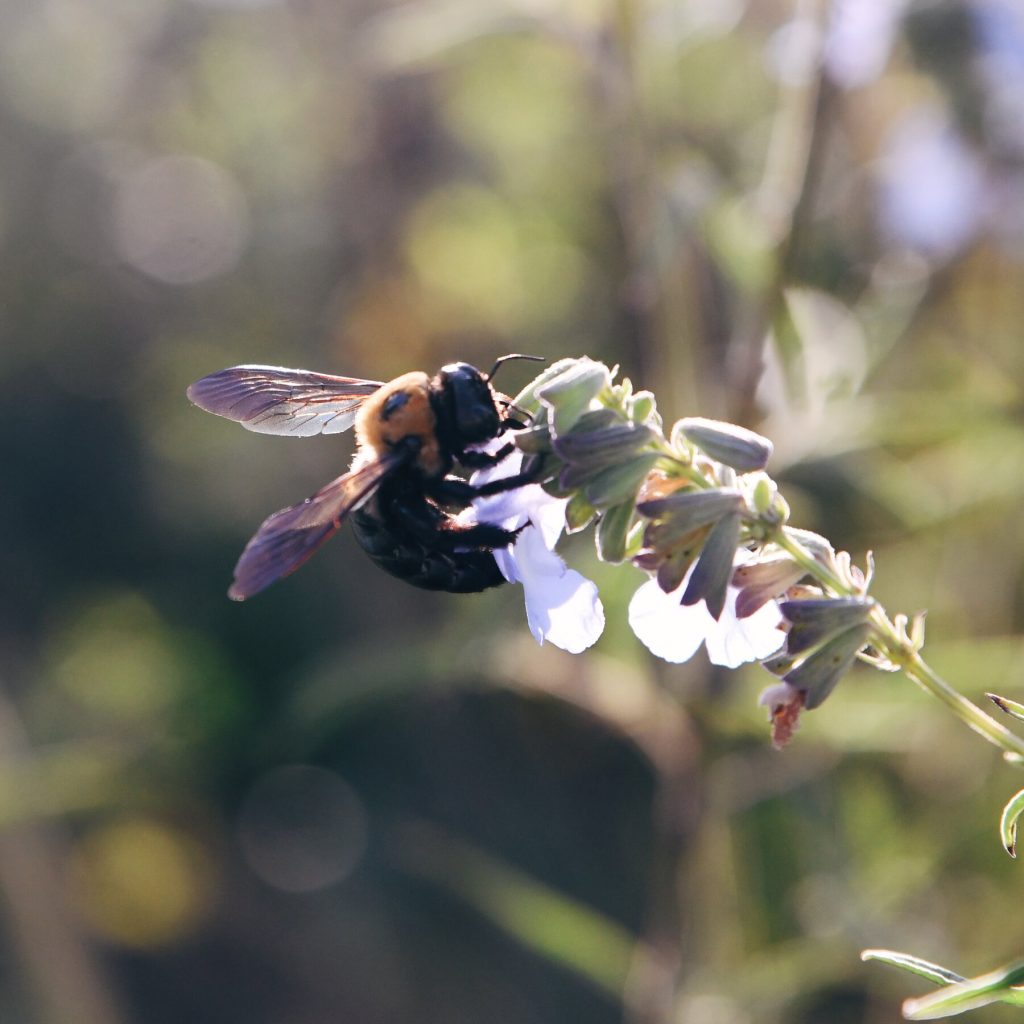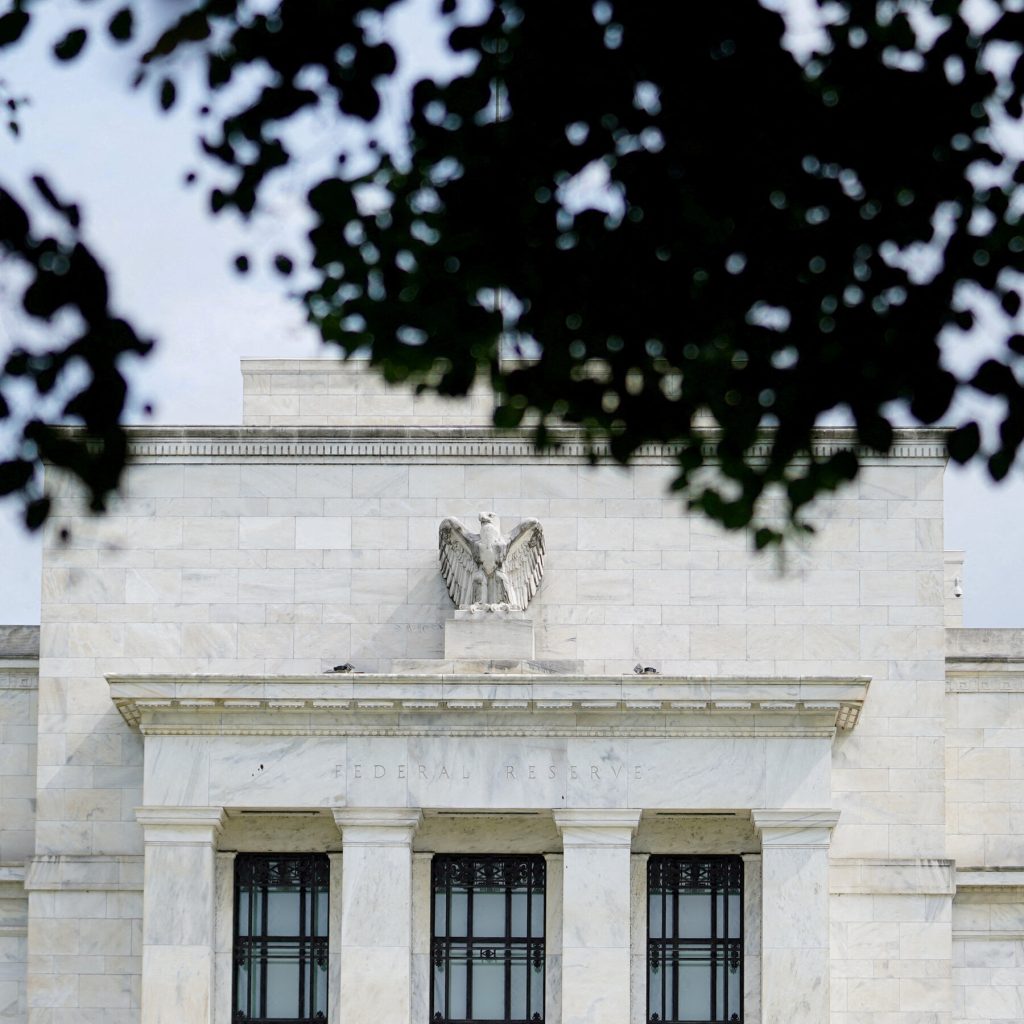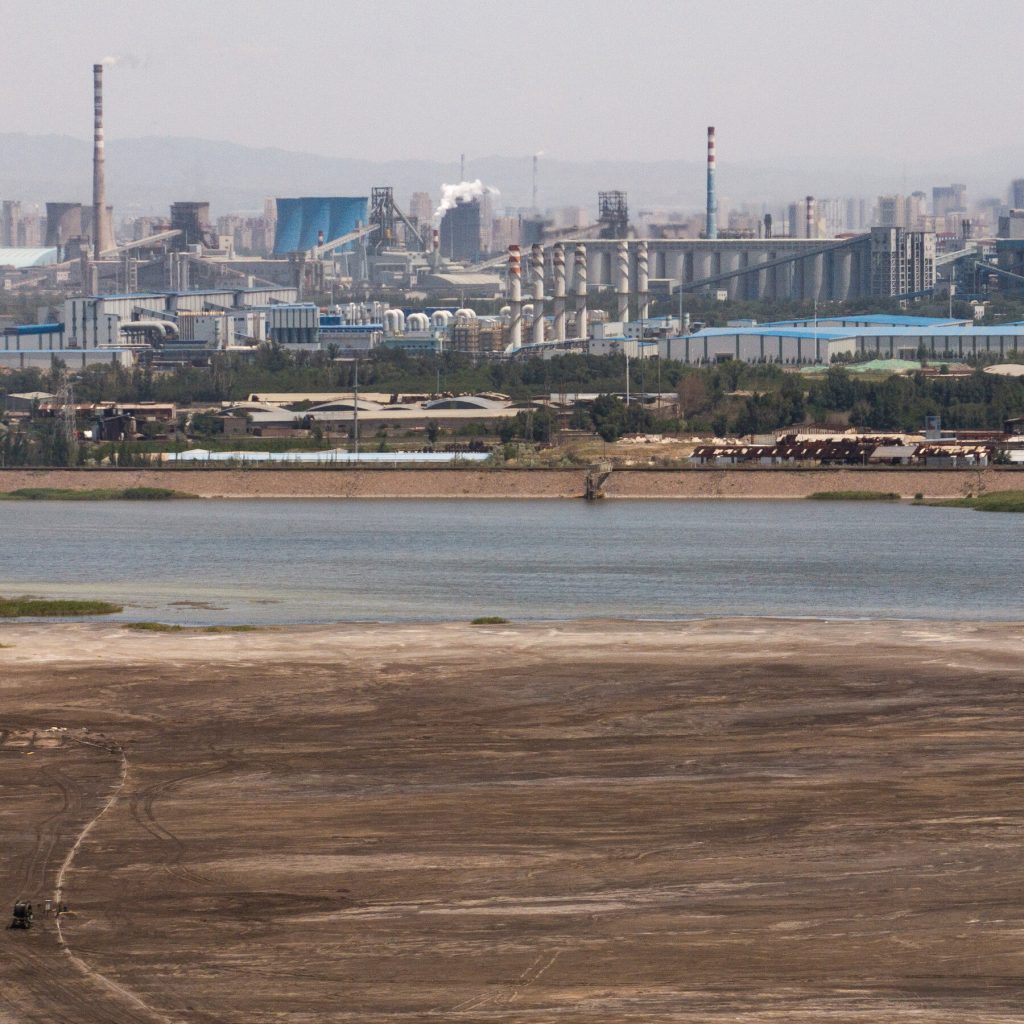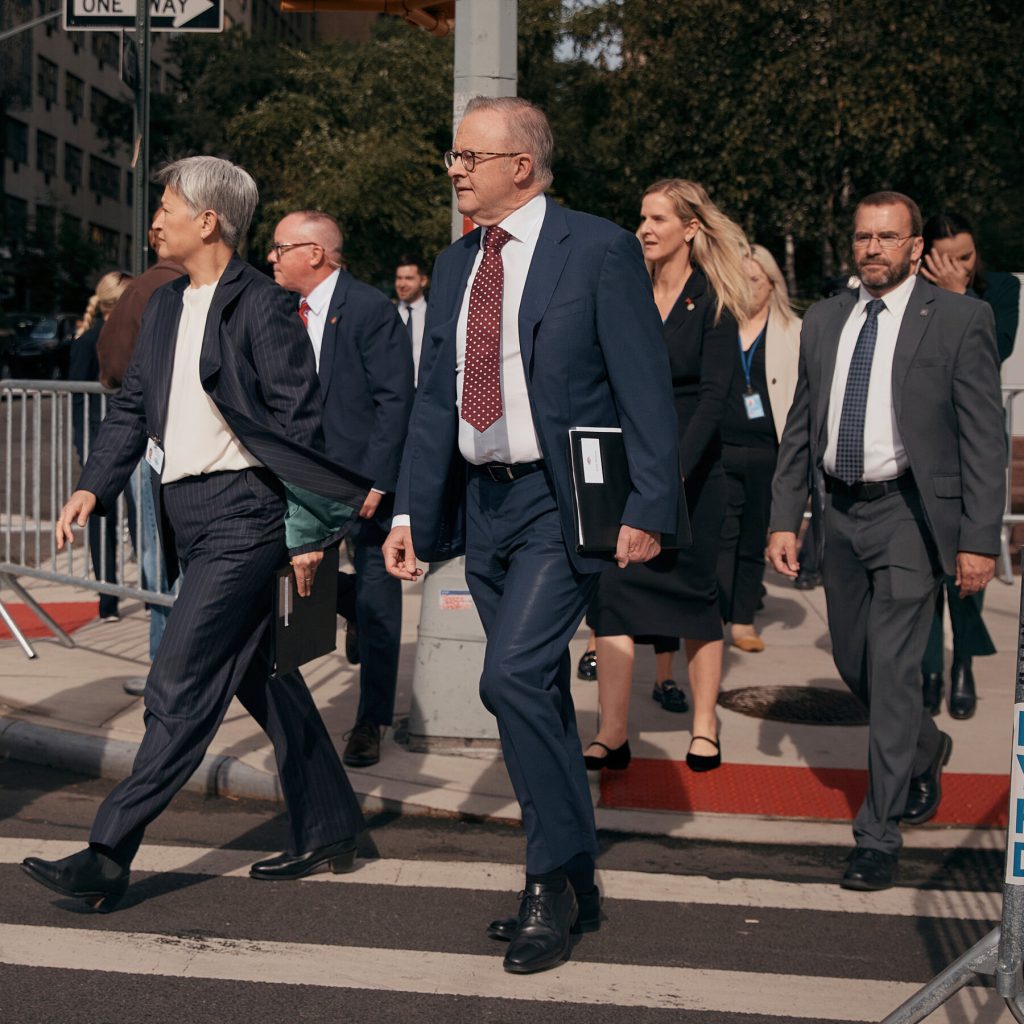Helping to Save the Bees With Plants in Kansas

In the heart of America’s heartland, Kansas is home to a vast expanse of privately owned land, with a staggering 97 percent of its territory in the hands of individual landowners. This unique landscape presents both challenges and opportunities for conservation efforts, particularly when it comes to protecting the state’s native bee population. As the importance of pollinators continues to grow, a group of dedicated individuals is working tirelessly to make Kansas a friendlier place for these vital insects.
Across the state, a movement is underway to create bee-friendly habitats through the strategic planting of native flowers, shrubs, and other vegetation. By transforming even small areas of land into pollinator-friendly zones, these enthusiasts hope to provide a lifeline for Kansas’ struggling bee populations. The effort is not only crucial for the long-term health of the state’s ecosystem but also for the agricultural industry, which relies heavily on pollinators to produce many of the state’s major crops.
The people behind this initiative are a diverse group of landowners, farmers, and conservationists who share a passion for protecting Kansas’ natural heritage. Through their collective efforts, they are working to create a network of bee-friendly habitats that will help to sustain the state’s pollinator populations and promote biodiversity. By choosing to plant native species, reducing pesticide use, and providing a source of water for thirsty bees, these individuals are making a tangible difference in the lives of these vital insects.
As the movement gains momentum, it’s clear that even small actions can have a significant impact when it comes to protecting Kansas’ bees. By working together, these dedicated individuals are helping to ensure the long-term health of the state’s ecosystem and the many species that call it home. As the importance of pollinator conservation continues to grow, the people of Kansas are leading the way in the effort to create a more sustainable future for these vital creatures.







